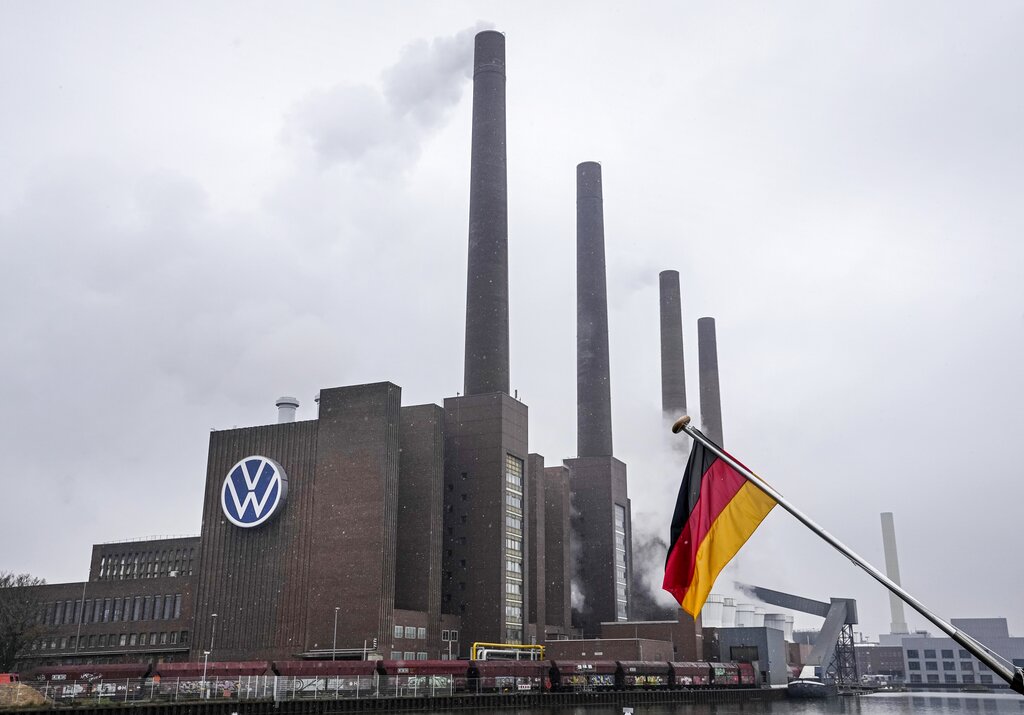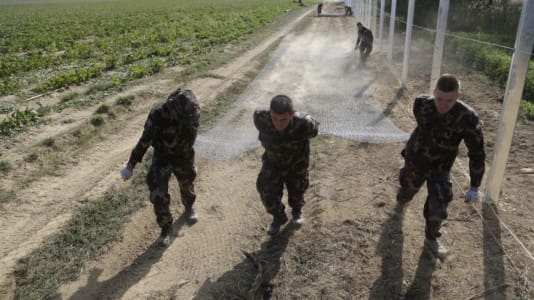Volkswagen is preparing to do something that has never been done before in the company’s 87-year history. To cut costs, it is closing two of its plants in Germany, a large car factory and a parts plant.
While it is not clear yet which plants will be affected, Saxony has been rumored as one location.
Following the announcement, an unpredictable tussle is expected between the company’s management and the traditionally influential sectarian organizations. Employee lobbyists promised “fierce resistance” as a first reaction after learning of management’s plans. Oliver Blume, the company’s CEO, who is seen as more uncompromising than his predecessors, will meet with representatives of the workers’ council on Wednesday. The council’s chairwoman, Daniela Cavallo, is a representative of the influential IG Metall union, which has so far managed to beat back the attempts to downsize. Cavallo has promised “very uncomfortable” negotiations with management.
Industry analysts had previously predicted the closure of two of the company’s plants: Osnabrück in Lower Saxony and Dresden in Saxony. The state government of Lower Saxony is Volkswagen’s second largest shareholder and opposes the plan.
Volkswagen, which employs 680,000 people and is Germany’s largest industrial employer, also wants to suspend its job security program, in force since 1994, which would have prevented redundancies until 2029 by making them subject to the agreement of the workers’ council.
Management is citing the difficult economic environment for the plan, as well as new European competitors and declining competitiveness. The company has lost nearly a third of its value in the past five years, making it the worst-performing European carmaker.
Volkswagen’s dire situation is the worst possible news for Chancellor Olaf Scholz, whose coalition has been badly defeated in two state elections, including in Saxony, where the far-right AfD party came second.






